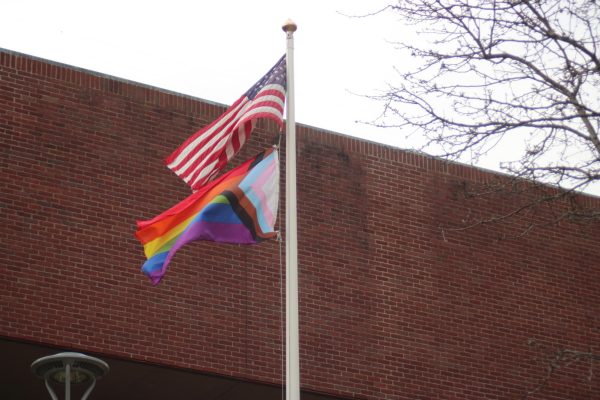University takes action as COVID-19 cases surge and Omicron variant spreads
A mask.
On Nov. 26, the newly discovered Omicron variant of COVID-19 was labeled a variant of concern by the World Health Organization (WHO).
Omicron is a new variant first reported in South Africa, though experts say it has likely been circulating for much longer. There is still much to be learned, but trends have indicated the new variant is much more transmissible than the Delta variant that has been spreading throughout the world for a few months now. Current COVID-19 vaccines may also be less effective against the Omicron variant.
Although the U.S. took action by increasing travel restrictions, barring travel to and from South Africa, the first case of the Omicron variant was identified in California when an individual who had recently traveled to South Africa tested positive.
Since then, the Omicron variant has been on the rise in both the U.S. and the rest of the world.
On Dec. 3, Connecticut Governor Ned Lamont said that he expects the Omicron variant to already be in Connecticut, but made no mention of new mandates, according to CT Insider. The first reported Omicron case in Connecticut happened on Dec. 4 from a man in his 60s in Hartford County.
Despite a lack of available data on the Omicron variant in Connecticut, community transmission is still high, indicating a high vulnerability for when the variant does show up.
On Dec. 3, the university COVID Task Force sent an email to the university community that updated students and faculty on the steady increase of positive cases across the university and state.
According to the announcement, the task force was “implementing, beginning Monday, December 6, through the end of the semester, reduced capacity limits in University facilities.”
This means that places on campus, such as The Marketplace, Peterson Library and Beckerman Recreation Center will now limit the number of students inside.
For students who would like to be tested for COVID-19, regardless of vaccination status, the university is offering on-campus asymptomatic testing, which can be scheduled online via the link sent in the email.

Samuel Weinmann is a passionate journalist who is a junior international affairs major at the University of New Haven. As the editorial head of the Charger...






